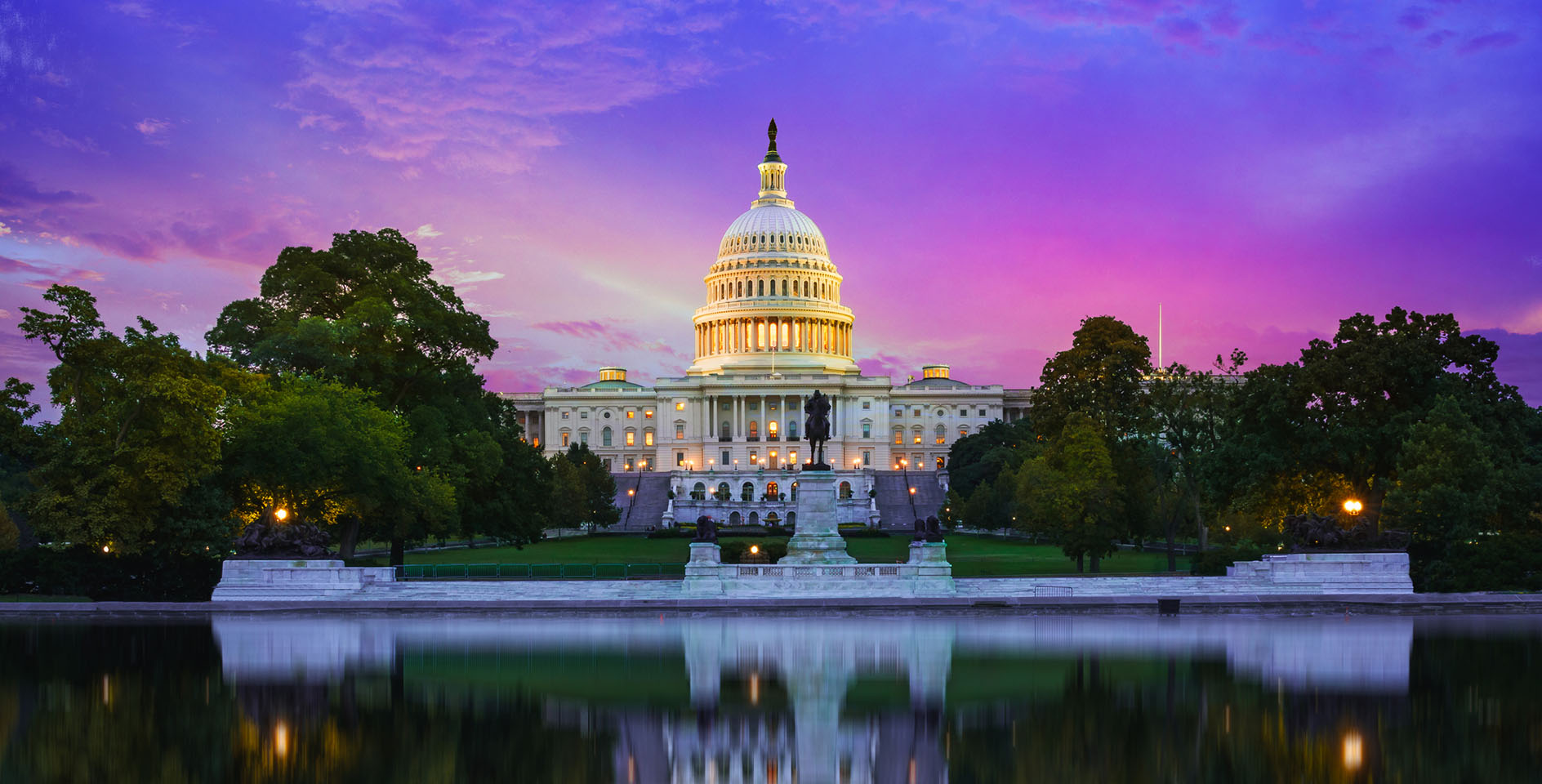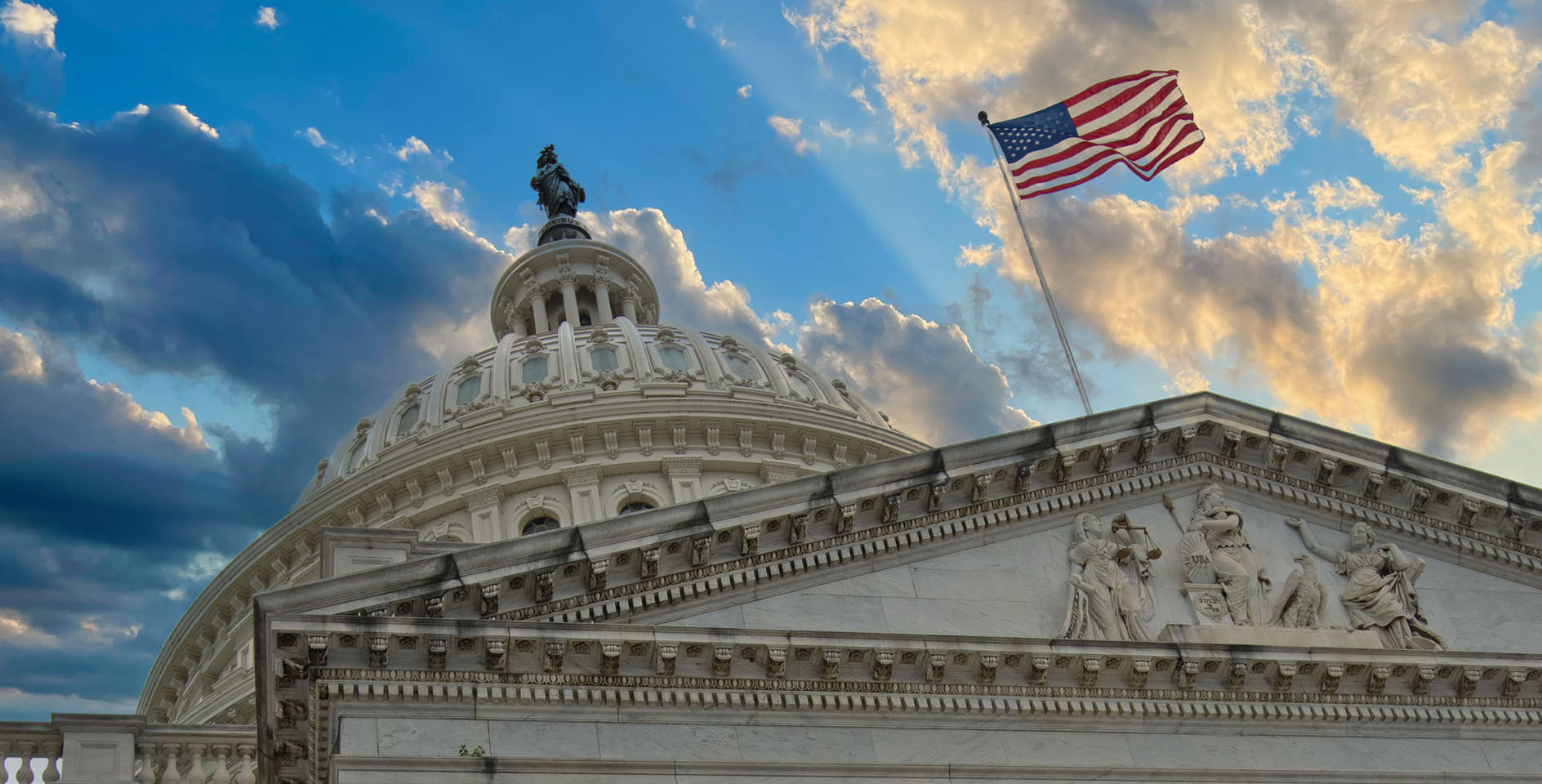In his Gettysburg address, President Abraham Lincoln described the American system of government as a “government of the people, by the people, [and] for the people”—a unique experiment in world history. But it’s an experiment founded on the understanding, as John Adams and James Madison both articulated, that the people of whom, for whom, and by whom the government was formed must be a “moral” and “virtuous” people. Without that, Madison wrote, “nothing less than the chains of despotism can restrain them”—can restrain us—”from destroying and devouring one another.”
If we survey the state of American politics today, James Madison’s words sound eerily prescient. From talk radio to social media to the House of Representatives, we seem committed to “devouring one another” by any and all means necessary. And, why?
For one reason, our 21st-century political economy incentivizes vice and division. Too often, in the name of political expediency, the morality and virtue Adams and Madison had in mind when the Constitution was composed are being checked at the door of our government buildings.
What does this mean for Christians who are called to public service?
As those commanded to exercise not just generic morality and virtue, but Christlikeness, how can we reconcile the current political economy with our call to follow in the way of Jesus? Can we bear the fruit of God’s Spirit and still make it in the American political arena, or vice versa? Can we get any notable things done with our integrity intact?
These are important questions that deserve frank and honest consideration.
The corrupting influence of power
Power, as it is in many human endeavors, is one of the main enticements of the American political machine. There is simply no place more brimming with power, and the promise of power, than the mecca of American politics, Washington, D.C. While power, in and of itself, isn’t laced with impurity or inherent badness, it carries great potential to exert a corrupting influence over those who possess it. Lord Acton, the 19th-century English historian, argued that “power tends to corrupt and absolute power corrupts absolutely.”
As Christians, we may not go as far as Lord Acton in our judgments against power, but we can agree that too many have proven ill-equipped to handle the awesome responsibilities that come with it. Under power’s intoxicating influence, legions of political pilgrims have been led down the well-worn path of moral compromise. Rather than stewarding power, these people grab and wield it, bludgeoning opponents with words and tactics that in former years were considered unbefitting of public servants. Today, though, these tactics are part and parcel to succeeding in the political arena, which is what makes it such a challenging environment for Christians and Christian virtue.
How are we to proceed, then?
Why are we here?
There are a number of routes we could trace to suggest how we’ve gotten here, but it’s hard to pinpoint why. The thirst for power, as was mentioned above, is certainly a factor, and maybe the central factor. But there are other things that should be mentioned: vanity and pride, our givenness to cynicism, skepticism, and pessimism, and the intertwining of politics with social media, where people are vying for attention and influence.
Underneath all these contributing factors, lies a sad reality: our current system and its incentive structure prefers and, what’s more, produces public servants who are devoid of virtue and integrity, “men without chests,” as C.S. Lewis called them. And it’s this—our want of virtue—that may be most responsible for the devolution of American politics.
What are we to do?
So, we return to the question: can Christians make it in American politics today? And if so, how? In an institution that has come to incentivize that which disagrees with the way of Christ—angst, division, and unscrupulous behavior—followers of Jesus who serve in public service find themselves in a potentially precarious position.
The short answer to these questions is: Christians can and should continue to serve in politics.
We can and should expect to make it with our integrity intact, though doing so likely won’t come without a cost. American politics is ripe for renewal and transformation. But transformation won’t come unless men and women of integrity, principle, and courage enter Washington as pilgrims of a different sort. American politics is broken, and our only shot at repair is by a retrieval of the morality and virtue that Adams and Madison believed were prerequisites to the health of our republic. Indeed, the only way forward—the only way toward renewal—is by the Spirit whose fruit is precisely what American politics needs.










